In these times of social distancing, video calling is becoming the technological substitute for face-to-face connections. For those who carry an iPhone, the art of video calling defaults to FaceTime, the native app on iOS that is exclusive to Apple devices. But what do you do if you or the other party is on Android?
Unless hell freezes over, Android devices will never have a FaceTime app (FaceTime for web is another story). But that doesn't mean that those who prefer Android can't join in a video call with iPhone fans. It just means that everyone needs to decide on a common platform that can break the OS barrier. So, those who refuse to let their choice of mobile device dictate who they can converse with over video, this article is for you.
What Makes a Good FaceTime Alternative
To qualify as FaceTime alternatives in close approximation to the original recipe, video calling apps should support more than two callers (FaceTime can handle up to 30), include a desktop option, and provide augmented reality camera effects (at least for mobile) that serve as a substitute for Animojis and Memojis, the virtual masks generated via ARKit and the TrueDepth cameras on iPhone X and later.
In most cases, FaceTime alternatives will also double as iMessage alternatives, since most apps don't bifurcate chat and video.In addition, to approximate the ubiquity of FaceTime, these options are listed in relative order of popularity. Because, if you've ever tried to convince luddite friends to download, install, and user a new app, you know that you're better off skating to where the puck is.
Facebook Messenger
For most mainstream consumers, Facebook will be the most common platform that friends and family will already have access to. Along with a web app for desktops and a plethora of AR camera effects for those using the mobile app, Facebook Messenger surpasses FaceTime with support for up to 50 participants in group video calls as well as the ability to identify whether your friends are online. There's a version for kids, too. For privacy, Messenger includes a secret conversation mode for end-to-end encryption.
While it checks a lot of boxes as a FaceTime alternative, Messenger requires a Facebook account. And, despite more than one billion monthly active users, Facebook's privacy issues make it more likely that Messenger will be a difficult sell for some.
As an added bonus, Facebook Messenger when run on Facebook Portal smart cameras adds even more features, from exclusive AR effects to shared streaming video watching experiences.
Snapchat
Ask the average Snapchat user what they consider to be the top feature of Snapchat and you're likely to think of its augmented reality camera effects, chat, and stories features before remembering that Snapchat does video calls as well. In 2018, the app gained Group Video Chat, which can handle up to 16 participants and supports Snapchat's AR Lenses.
While Snapchat lacks the web-based app that Messenger has, it does have a desktop client, Snap Camera, that facilitates not only video calling but also AR effects.
Snapchat boasts more than 200 daily active users, but that's still a far cry from what Facebook claims. And its userbase skews younger, so your mileage may vary based on your peer group. Moreover, Snapchat also has a better reputation with privacy.
Google Duo
As the caretaker for Android, it would make sense that Google would have an entry on this list in Duo. Like FaceTime and unlike the aforementioned apps, Duo is dedicated to video calling and does not include text chat. Duo also matches Messenger and Snapchat with a web app for desktop and, like Facebook, has its own line of smart home displays in the Google Nest product line that can receive video calls.
Though it is a Google product, you do not need a Google account to get started on the mobile app. Rather, Duo authenticates via the user's mobile number, which also facilitates discovery of others on Duo. It also supports end-to-end encryption by default.
Duo also includes a limited roster of augmented reality effects. However, Duo Effects, which provide AR masks that behave similarly to Animojis, are available in video calls for Pixel devices only. For all others, AR effects are limited to video messaging. In addition to few AR effects, Duo has a limited capacity of seven uses in a group video call. UPDATE: Duo has now raised the limit to 12 people in a video call.
Line
A dark horse among the top options, Line's popularity peaked in 2016. But, while it doesn't have the brand name appeal that its predecessors on this list have, it does check off all of the boxes needed to simulate the FaceTime experience.
In addition to mobile apps and desktop clients, Line provides a variety of AR effects, including games and Animoji-like virtual puppets, for video chats.
While Line boasts up the ability to host chat groups of up to 200 people, its video calls cap at four participants, which pales in comparison to other options. The app is monetized through in-app purchases, subscriptions, and advertising, so the experience can get a little salesy.
Sure, Instagram has a larger user base than Snapchat, which means you are more likely to have friends that already use the app. And it supports group video calls of up to six people. Therefore, it should be a more favorable option as a video calling app, right?
However, it's a mobile-only platform. Also, Instagram does support AR effects in video calls, but the digital magic is only available on iOS at the moment. But, if you're on the go and AR isn't necessary, Instagram is a decent option for smaller groups and has a high likelihood.
WhatsApp was already a popular option for voice over internet (VOIP) calling before Facebook acquired it and has since grown to more than a billion users. So, as a FaceTime substitute, there's also a high likelihood that friends and family are already on the app for some WhatsApp video chat. Like Messenger, WhatsApp has a web-based app and the Portal line of smart cameras supports calls to WhatsApp users.
But there are some key differences between Messenger and WhatsApp. Unlike Messenger, WhatsApp doesn't require a Facebook account...for now. All you need to login is your mobile number, which is also used to find friends who are using the app, a benefit that Google borrowed for Duo. WhatsApp also has desktop apps for Mac and Windows and supports end-to-end encryption.
Yes, it's missing the augmented reality effects at the moment. And it only handles video calls of up to four people. But, again, that could change as Facebook proceeds with its messaging app unification.
Skype
There was a time that Skype was synonymous with video calling, but the Microsoft subsidiary doesn't command the attention that it once did. However, it is still a powerhouse. In addition to the flexibility of mobile and desktop apps, Skype can support up to 24 video callers, less than FaceTime and Facebook Messenger but more than most others.
On the downside, Skype is relatively no-frills compared platform, so don't look for AR effects. But for video calls between medium-sized groups, Skype is a name to remember.
Zoom
As most of the white-collar world has relocated to remote home offices, Zoom has increased in popularity. With its ability to host video conference calls of up to 100 participants (capped at 40 minutes) on the free tier and the option to use mobile apps along with a desktop client, Zoom supports screen sharing and session recording.
Zoom isn't all business, either, as it has a neat trick that uses a green screen effect to change virtual backgrounds behind the user.
Nonetheless, Zoom is designed more for hosting meetings than casual chats. You don't select a few friends from your contacts and start an impromptu video chat; you host a meeting and invite attendees via email or a URL. And if you need to handle more than 100 participants and 40 minute sessions, you're looking at a subscription starting at $14.99 per month per host.
Marco Polo
One of the drawbacks for video calling compared to text messaging is that the former requires participants to be available at the same time, while the latter (depending on the patience of the sender) doesn't necessarily need to be time-based.
Marco Polo solves that by combining the two. Instead of real-time video chats, you send short clips to each other in succession. The result is like watching stories on Snapchat or Instagram but the content is coming from different creators in sequence. The app also supplies uses with AR effects to use in their videos.
Alas, it's not a true-blue video calling app, and it also lacks a desktop experience. But, it's a fun way to keep in touch.
Houseparty
Houseparty was a hot name in social apps for a minute. But then Epic Games acquired Houseparty in June 2019, and its mobile apps have not received an update since then, so Houseparty's existence in its current form may be short.
Nonetheless, Houseparty is now experiencing a renaissance of sorts as a social distancing solution. Its mobile apps along with its MacOS client and Chrome extension are still available, along with its unique headline feature that enables you to join on-going sessions once they are online. While it doesn't offer AR effects, Houseparty does have a selection of parlor games to play between video chat participants.
Discord
If you're a gamer, you're probably already in a few Discord groups. The app has been indispensable as a group chat app to coordinate raids and whatnot.
But discord handles group video calls of up to eight people on its free tier. In addition to its mobile apps, Discord has a desktop client and a web app. While it doesn't have AR goodies, you're likely to find common ground with this app among your gaming buddies.
Bunch
Speaking of gaming, Bunch has a very unique angle on group video chats: it lets up to six people play along in the same mobile game. The app's video chat multiplayer mode is compatible with several popular titles, including Playerunknown's Battlegrounds (a.k.a. PUBG), Call of Duty Mobile, Minecraft, Roblox, and Clash Royale, and it also has five exclusive games bundled with it.
As a FaceTime substitute, though, Bunch is limited. It's a mobile-only platform and it doesn't have the AR bells and whistles. But that multiplayer game mode really helps it stick out.
Squad
If Zoom is a bit overkill for a casual video chat between friends but you still want to share what's on your screen, then Squad is the app for you. With support for up to nine video callers, Squad lets each participant share the screen of their mobile device. In addition, you can watch YouTube and TikTok videos together during active calls.
At the risk of sounding like a broken record, Squad is also among the video calling apps that are mobile-only and do not include AR effects. But, like Houseparty and Bunch, its unique features help make up for its shortcomings.
Signal
If privacy is paramount in your cross-platform communications, Signal is the answer. While many of the apps covered here offer end-to-end encryption in varying forms, Signal commits to sending everything with end-to-end encryption with no ads or tracking. The platform also has a desktop version.
However, Signal's video calls are limited to one-to-one. And there's no AR to speak of. But, when erring on the side of privacy, sometimes sacrifices must be made.
Viber
With roots as a VOIP app, Viber has been around for a minute. Like Signal, the app boasts privacy with end-to-end encryption, but it also offers a desktop apps for PC, Mac, and Linux.
However, Viber is also limited to one-on-one video calls. However, there are several bells and whistles like stickers and chat extensions for sharing videos and music in chats. And, as of June 2021, Viber includes AR Lenses powered by Snapchat as well.
As you can see, there are many options for cross-platform calling, with several strong offerings that match or exceed FaceTime feature-for-feature and others that offer their own unique bells and whistles. So, while we're all social distancing, at least if you use an iPhone you can reach over the walled garden and connect with the rest of the world.
Cover image via nastya__gepp/Pixabay












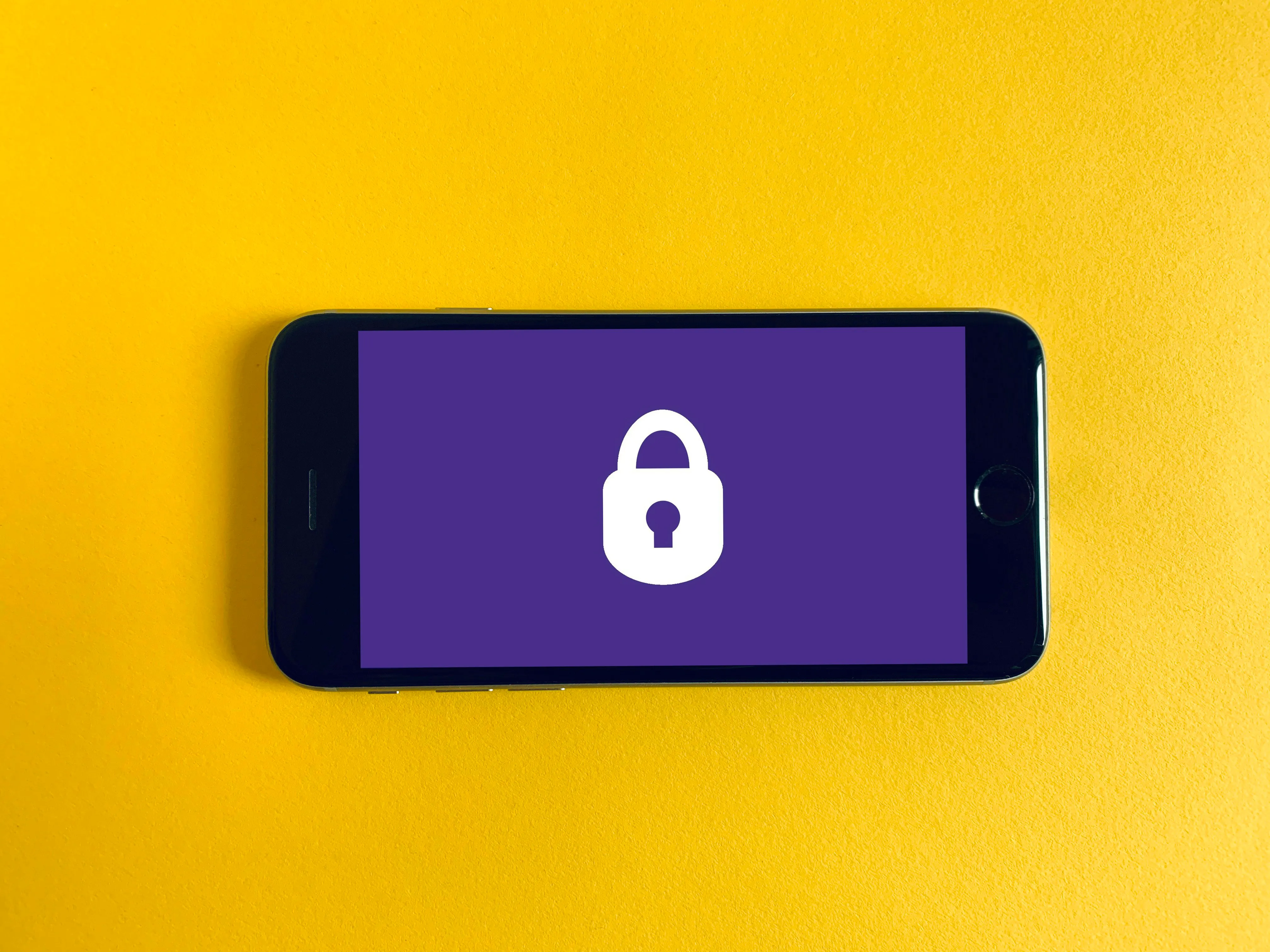
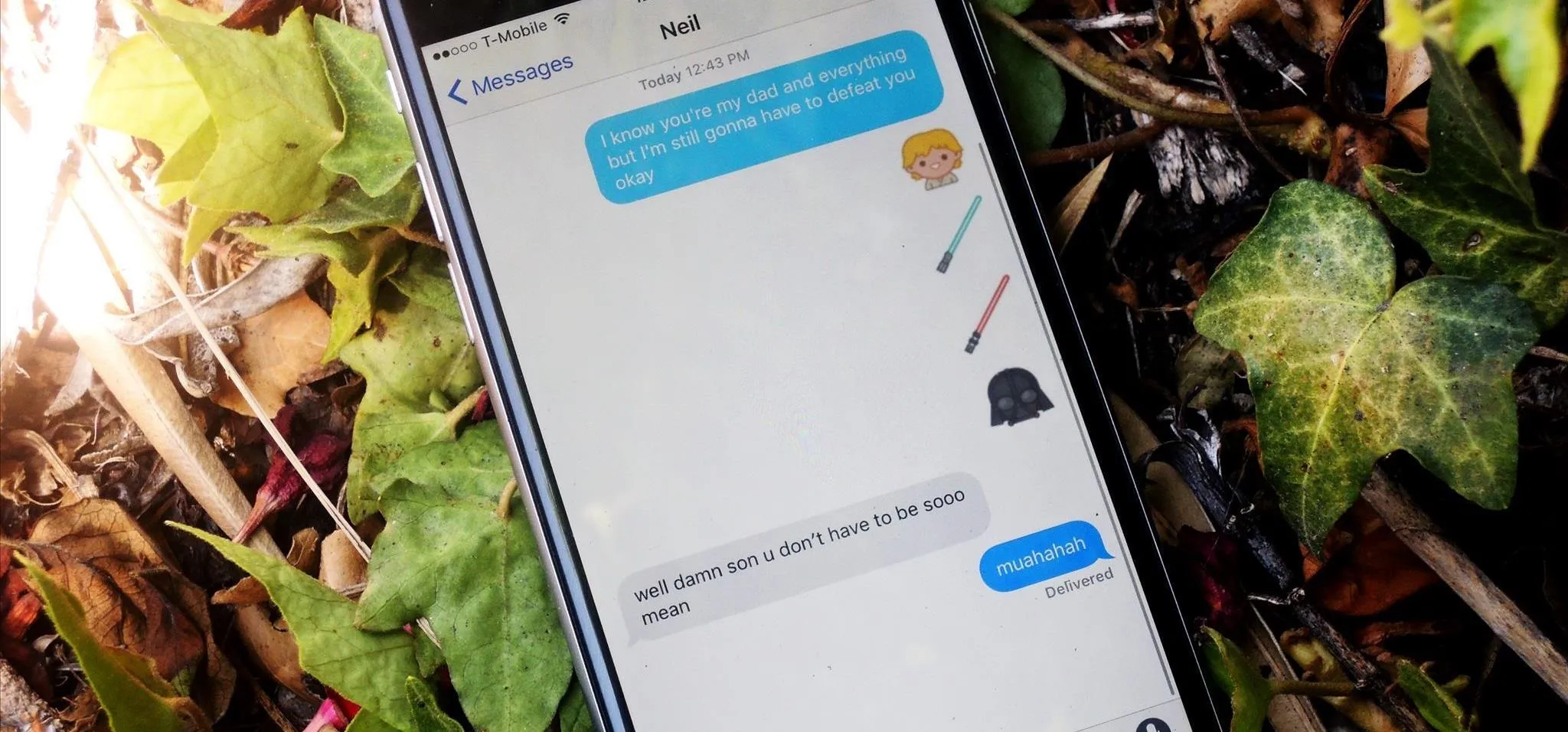
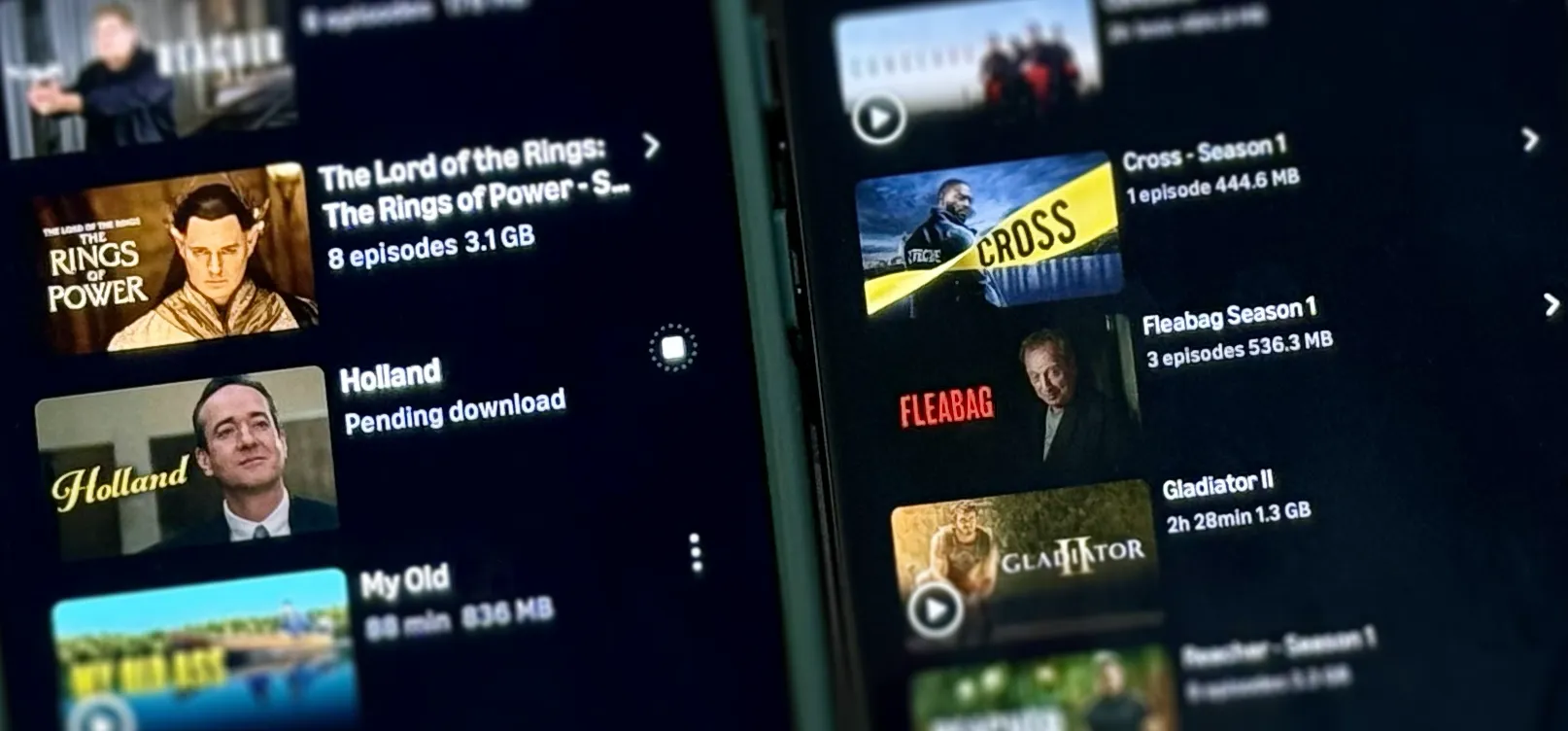



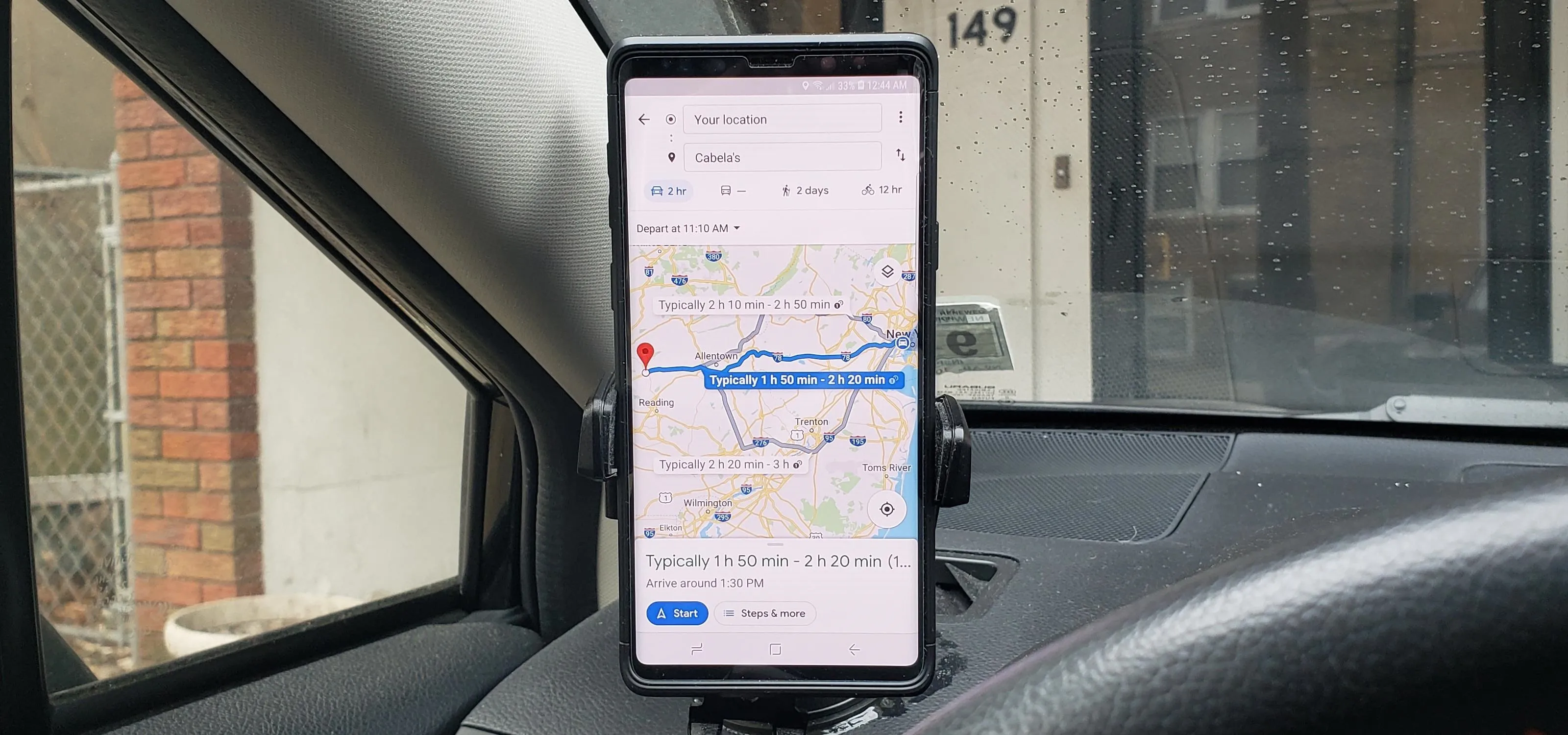
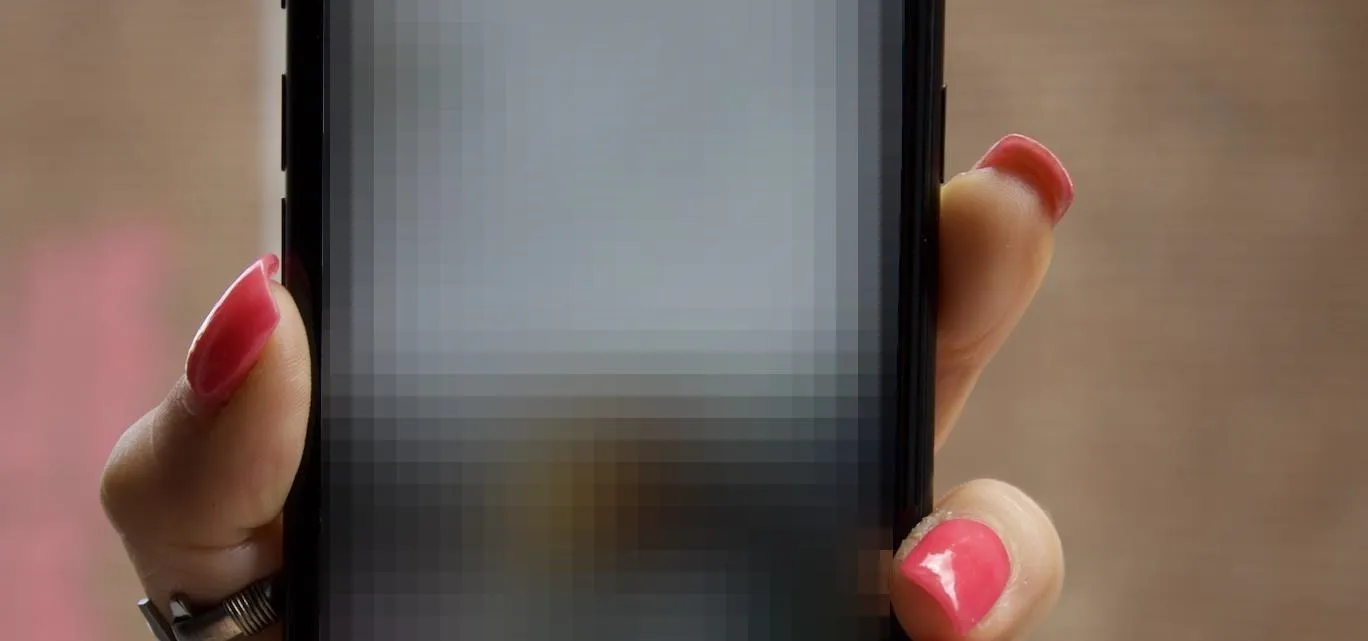

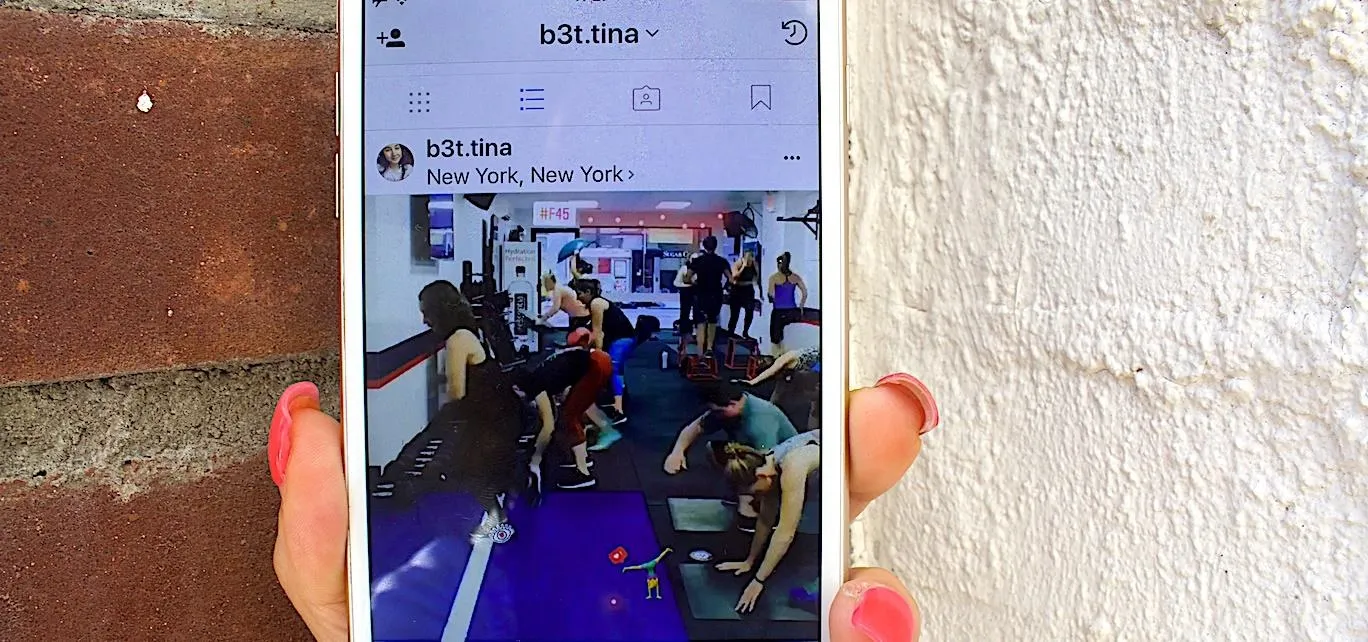
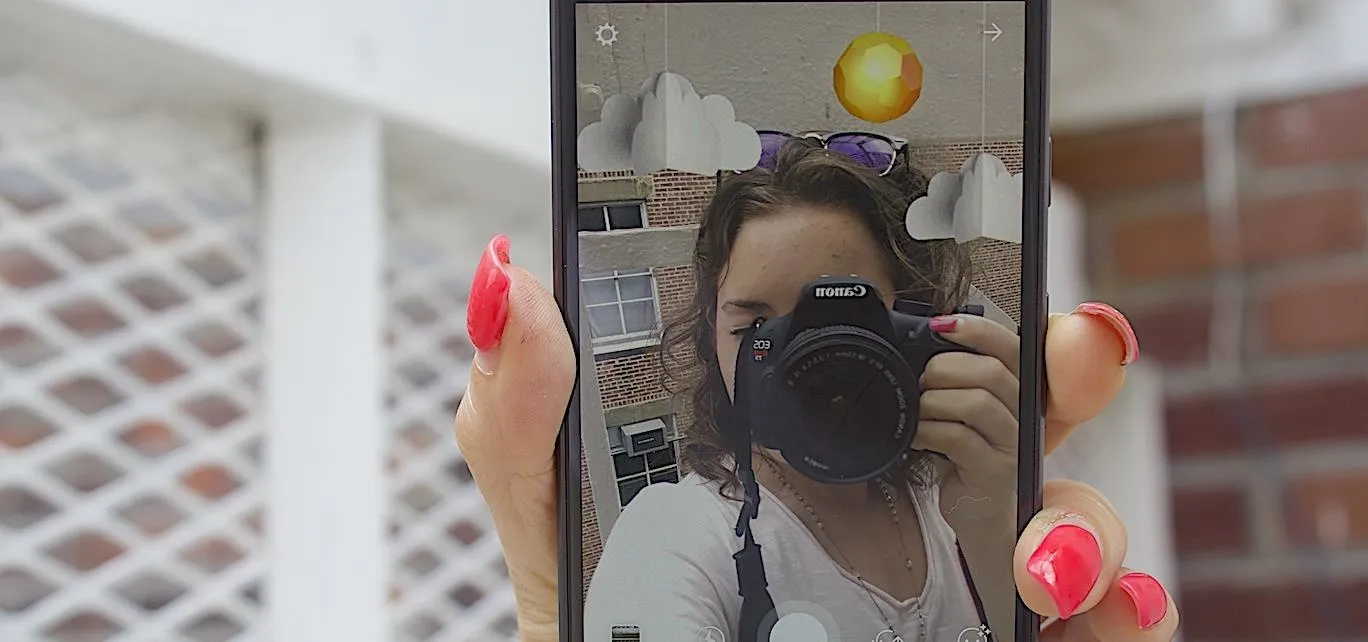
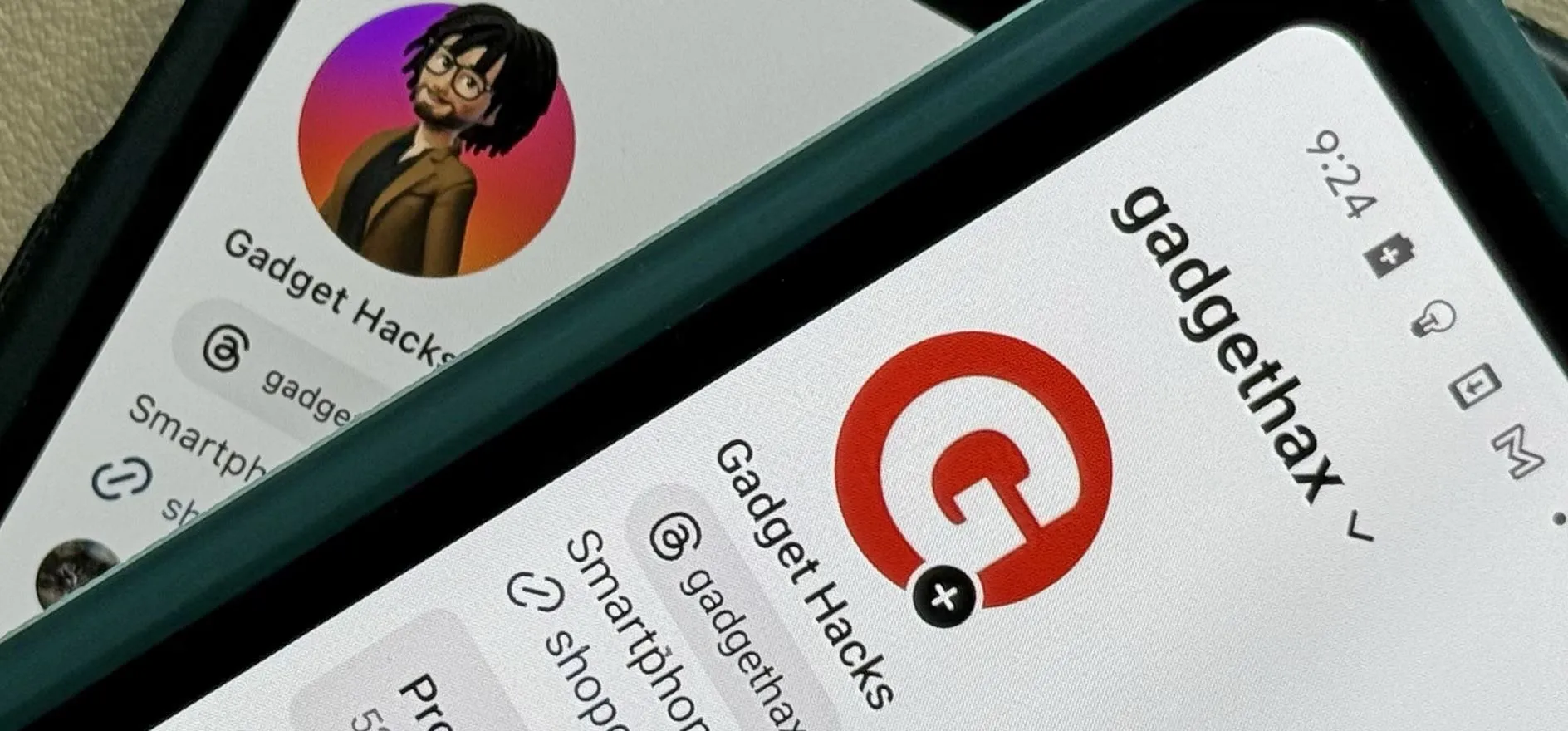
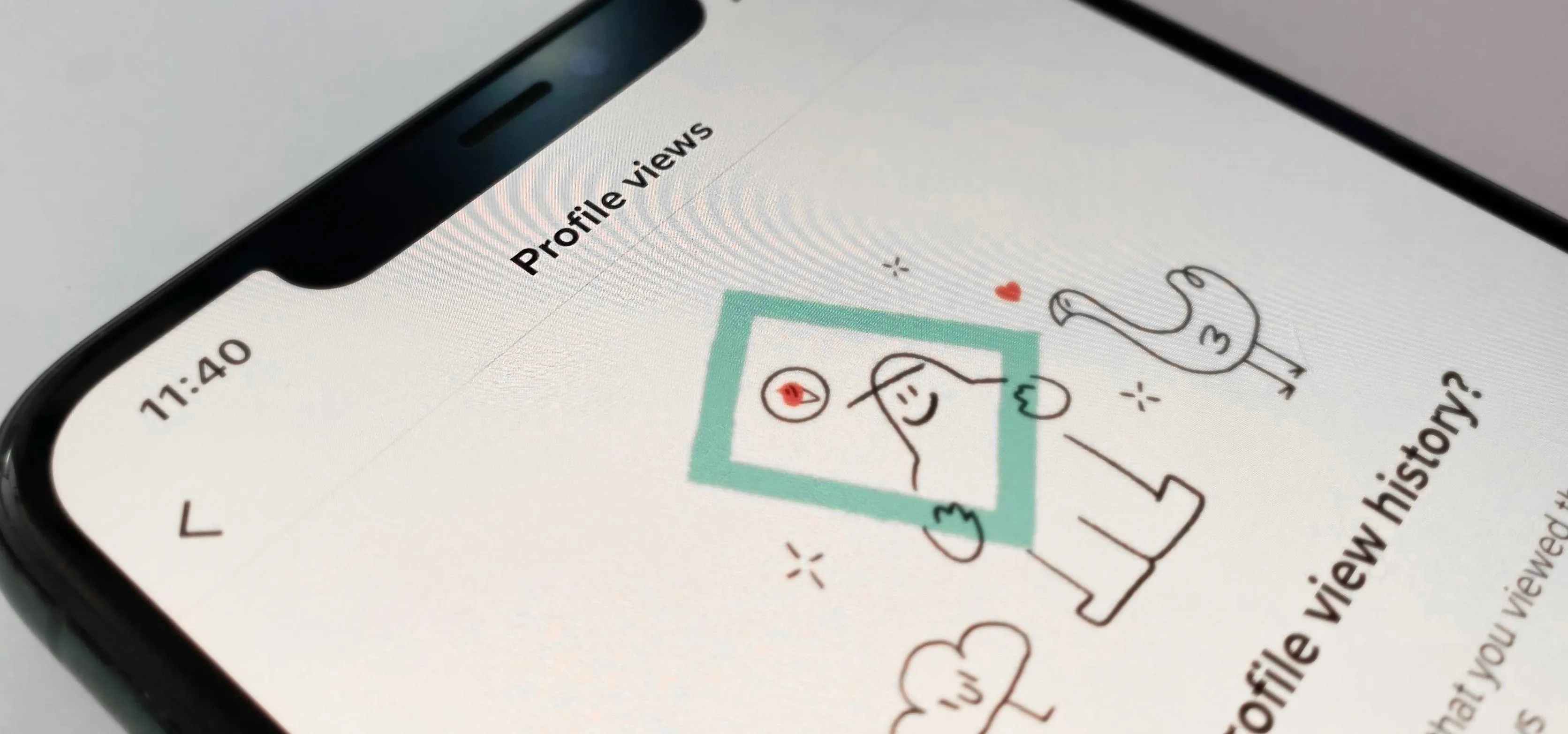
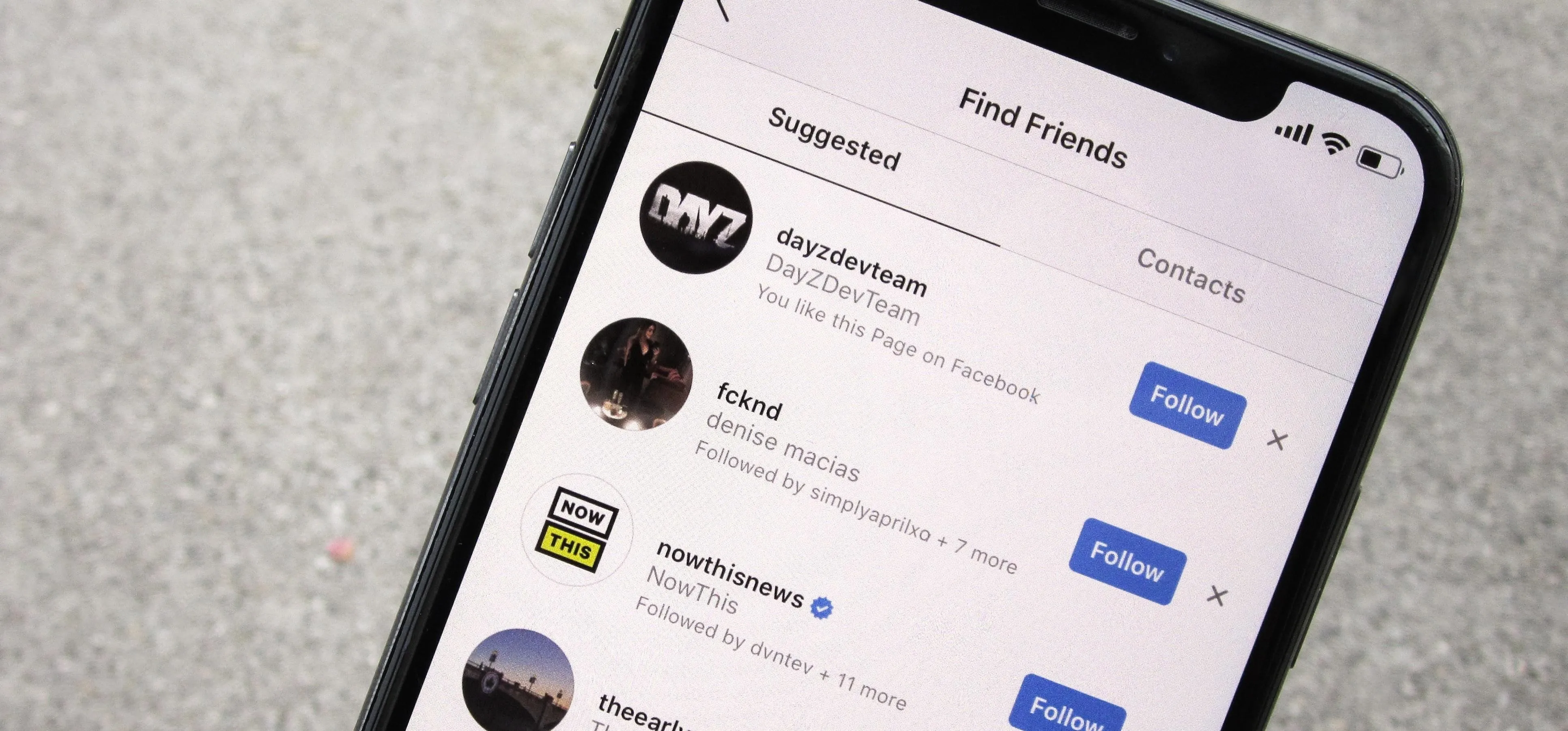
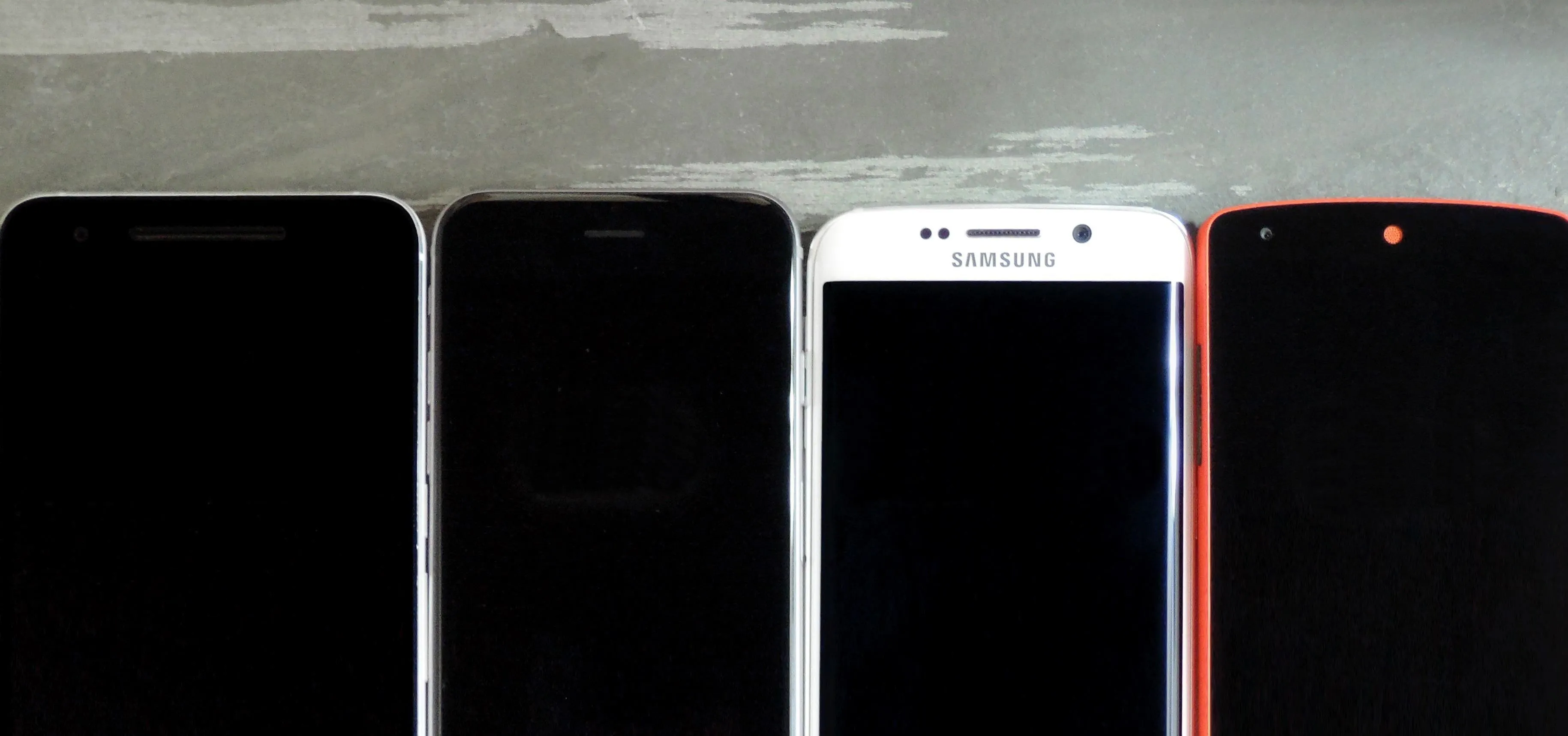
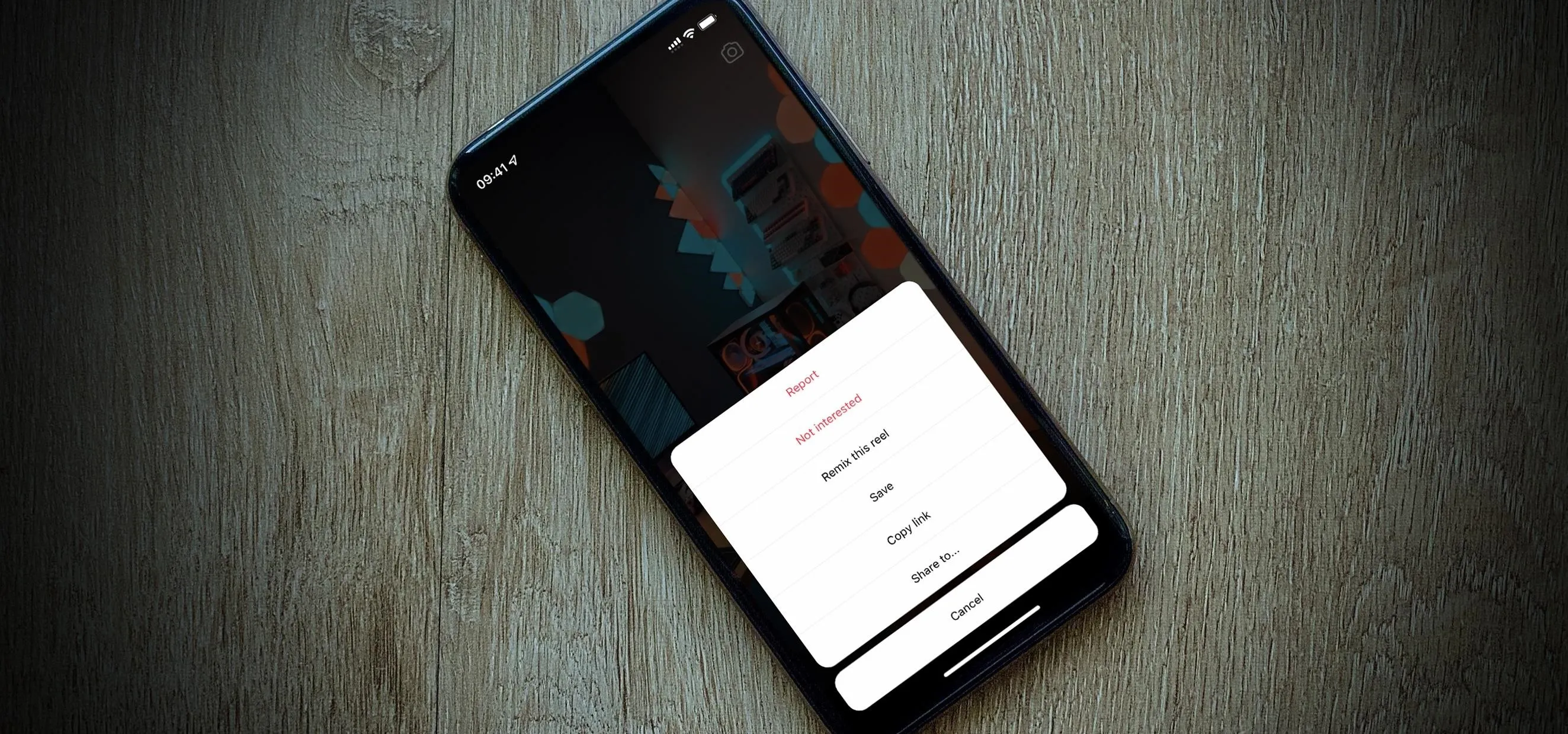
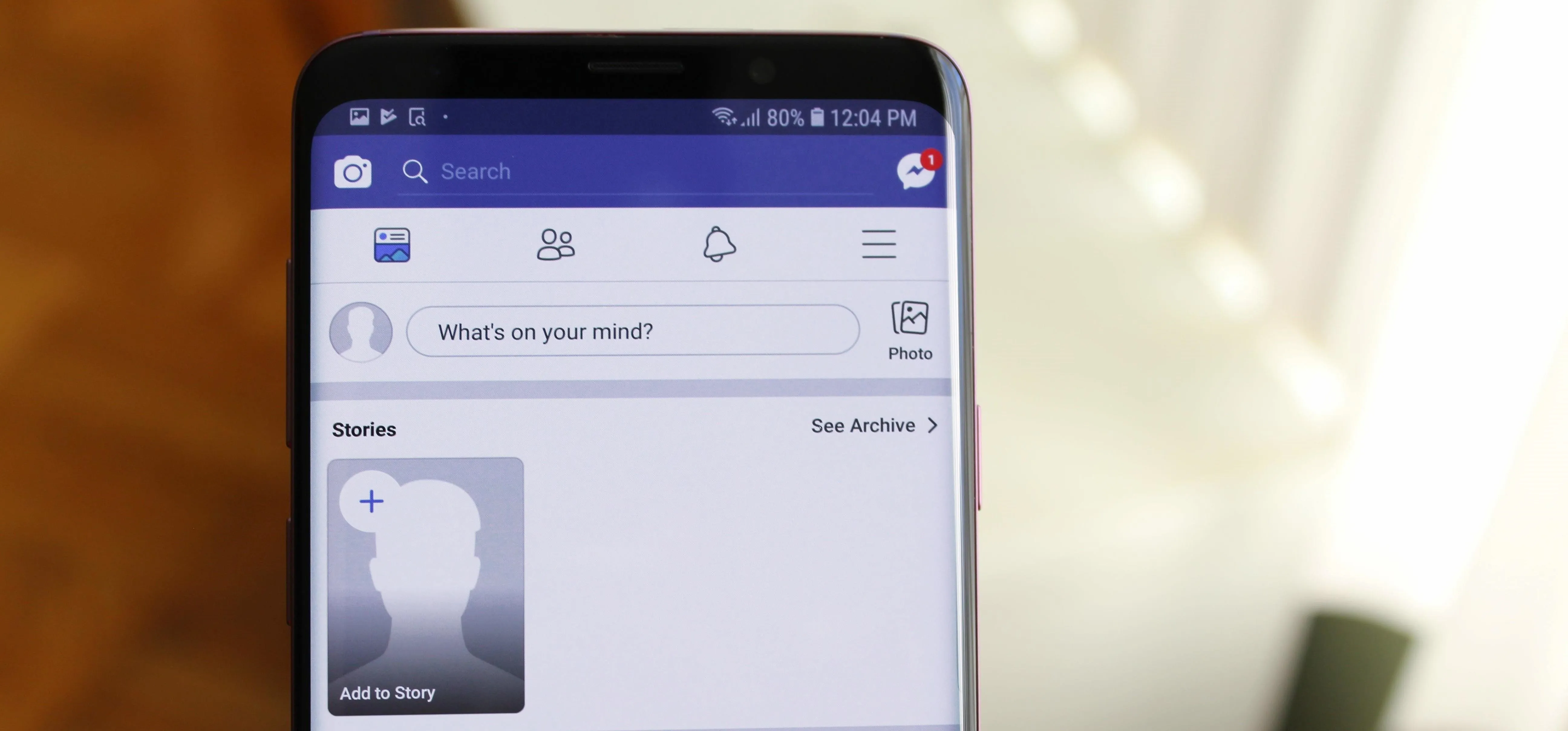
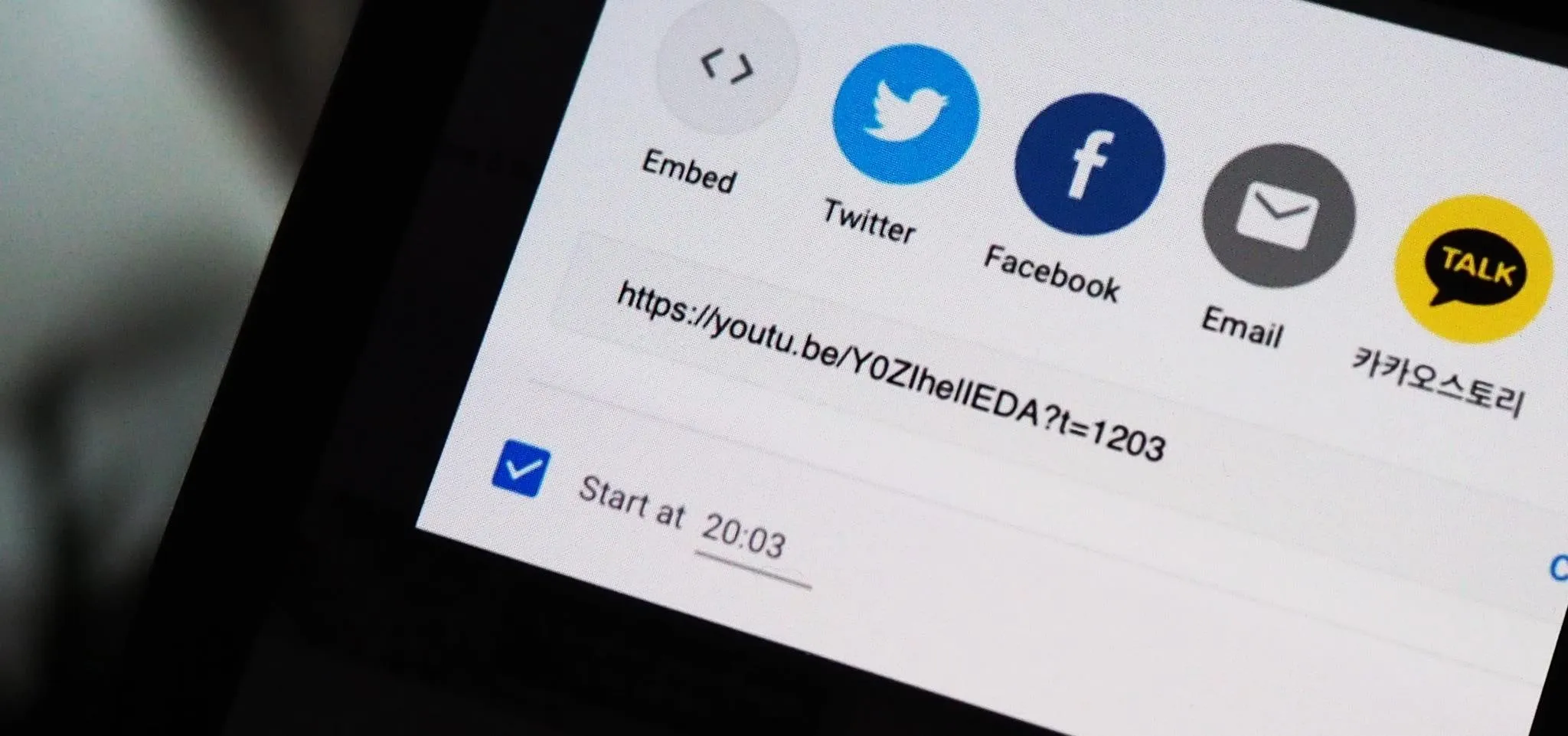
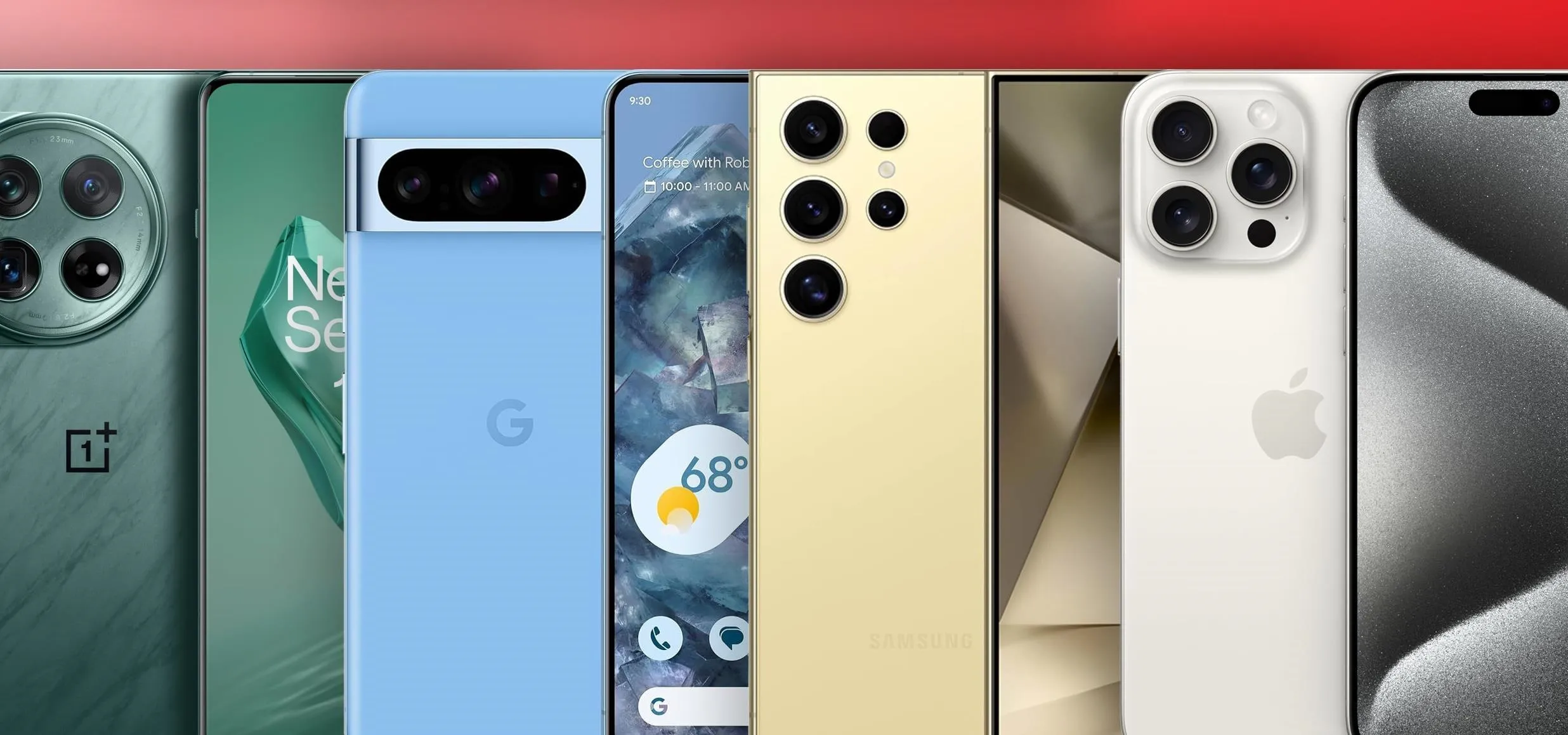
Comments
Be the first, drop a comment!